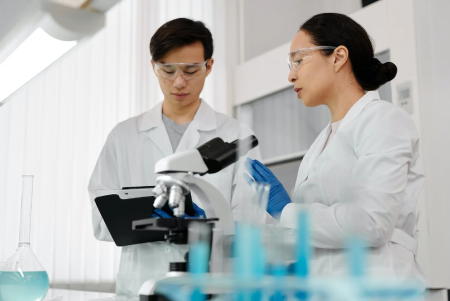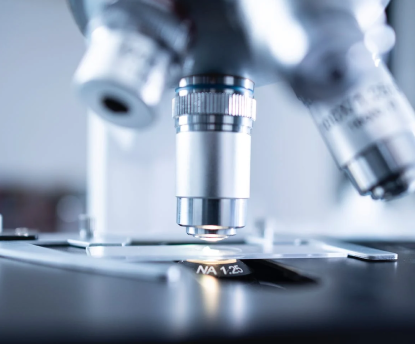The Swiss law on medically assisted reproduction (LPMA) came into effect on January 1, 2001. It was amended and supplemented in 2017 and again in 2022. This law establishes conditions for good practice with a focus on the well-being of the unborn child.
The law prohibits the abusive use of biotechnology and genetic engineering.
It is reserved for couples (including same-sex couples since 2022) who appear capable of raising the child until their adulthood, considering their age and personal circumstances.


In the case of gamete donation, the couple must also be married. An offspring resulting from such a donation can, upon reaching adulthood, obtain information about the donor if they make a written request.
Embryo donation and surrogacy (GPA) are prohibited.
Medically assisted reproduction (MAR) can only be carried out to overcome the couple’s infertility after other treatments have failed or proved futile.
Less commonly, MAR is also necessary to avoid the risk of transmitting serious diseases. In such cases, preimplantation genetic diagnosis (PGD) is allowed.
During one treatment cycle, the maximum number of embryos developed in vitro is limited to 12 (since the 2022 correction). It is prohibited to culture embryos in the laboratory beyond the stage necessary for successful uterine implantation.
The legal storage duration for sperm, eggs, or embryos is 5 years. If the couple requests it, this duration can be renewed once for an additional 5 years. A longer extension may be considered in cases of toxic treatments for gametes, such as certain chemotherapy treatments, etc.